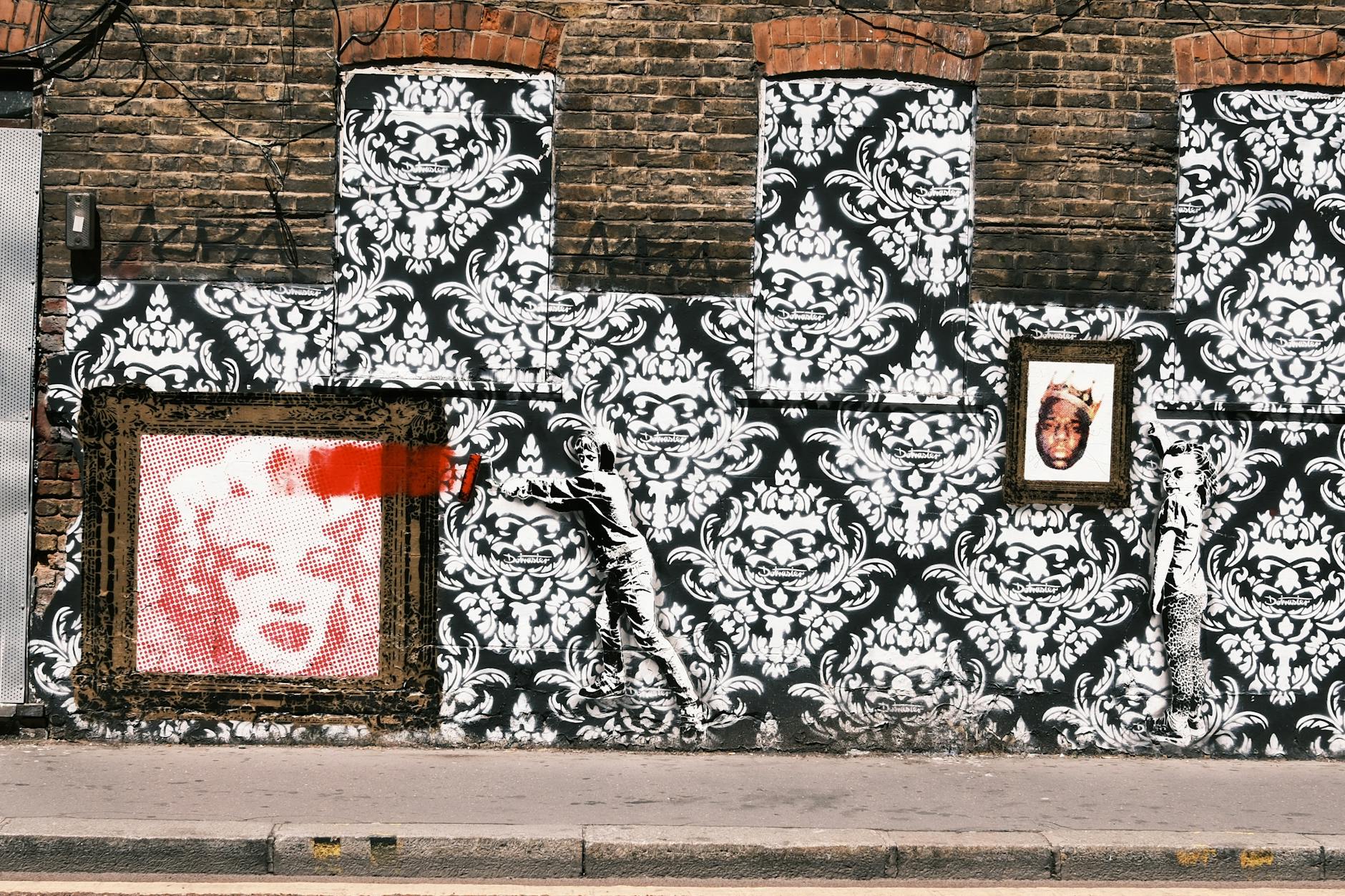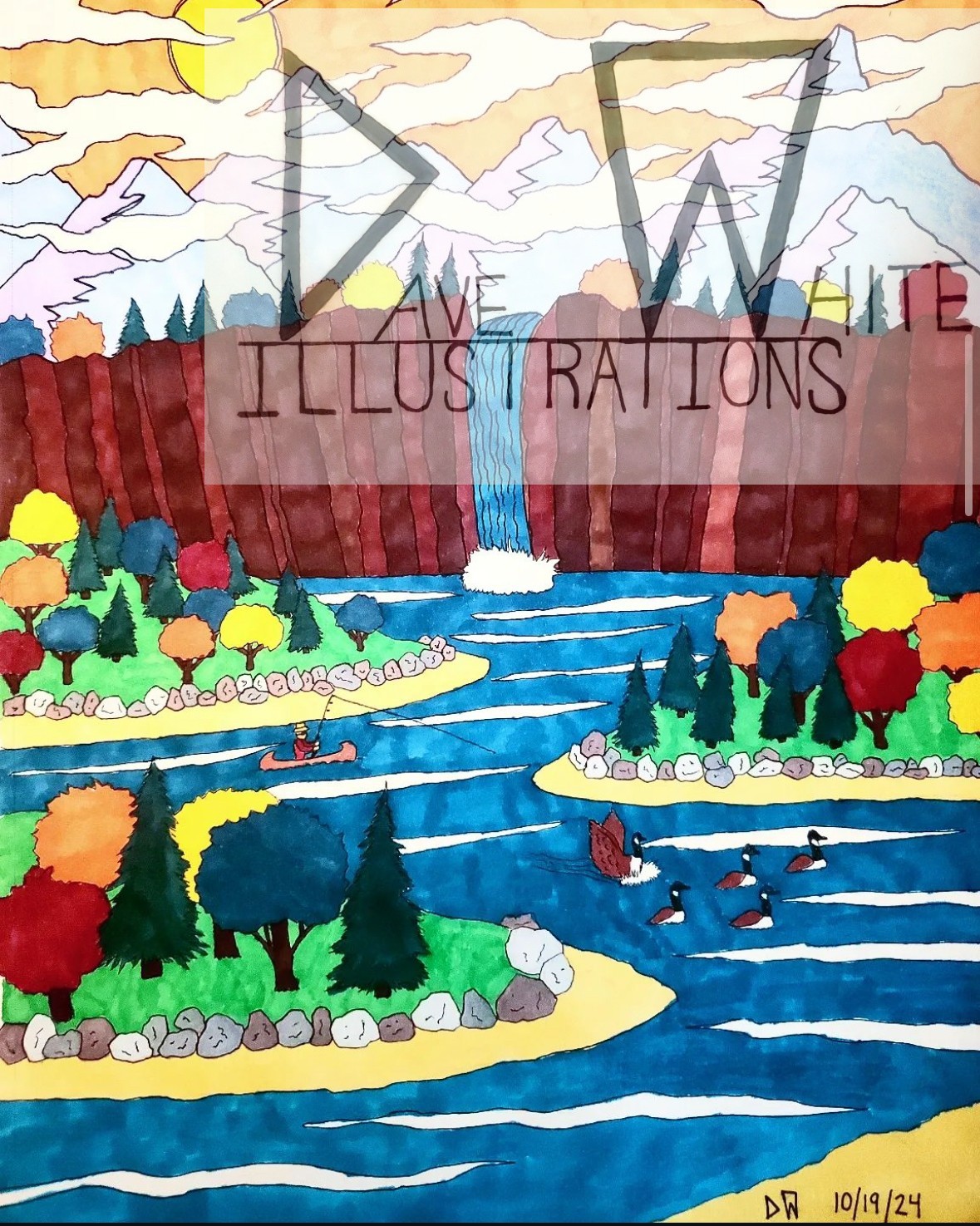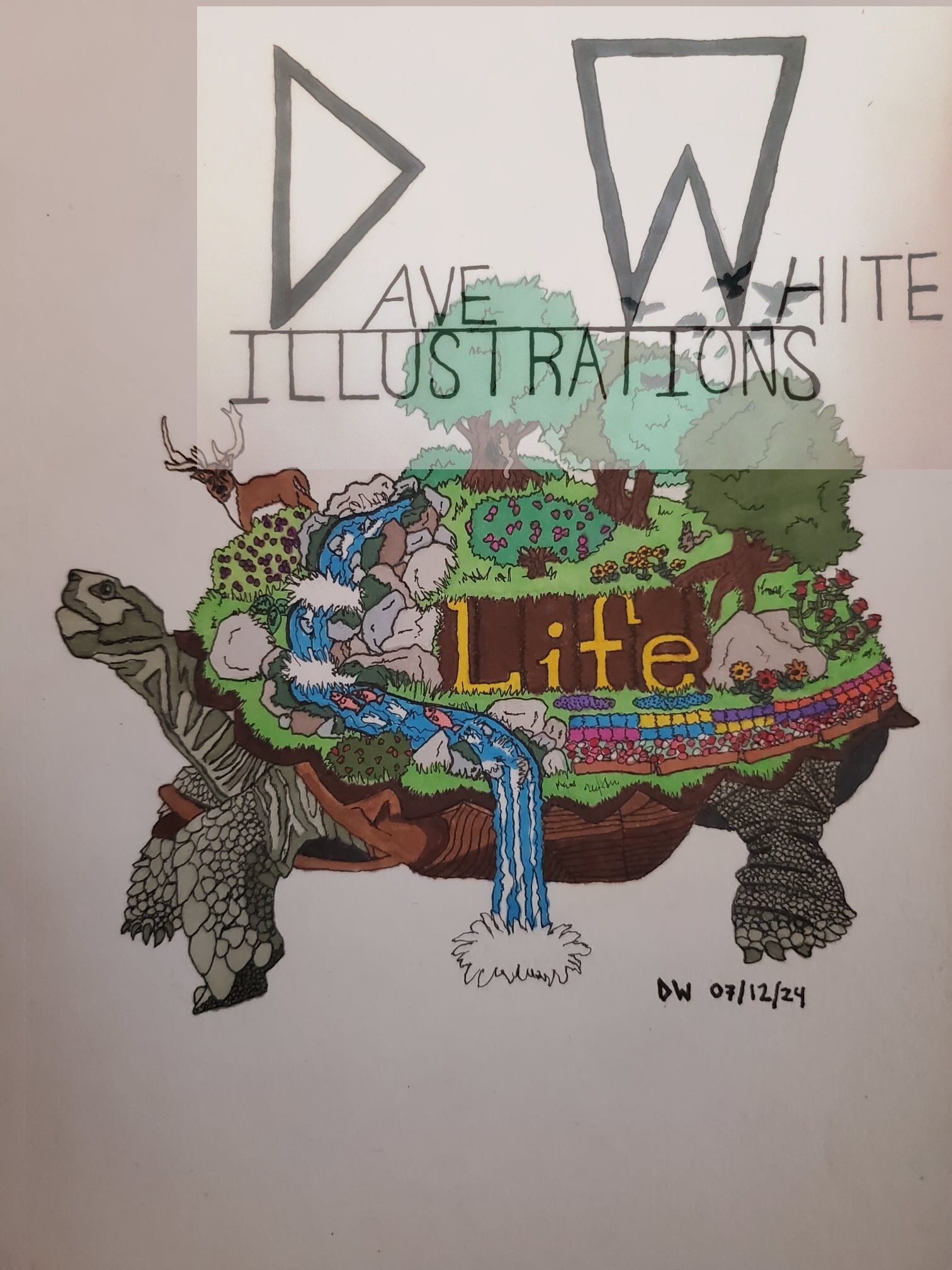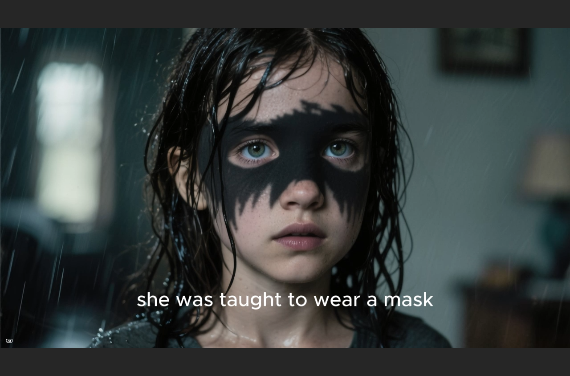This song represents New York that not many people think about. When “outsiders” picture New York, they see central park, expensive boutiques, and Grand Central. The song “Juicy”, represents the not so nice parts of New York. It shows the struggles that have to be faced to make it in the city of opportunities. He makes references to public housing, no heating, and living in a small apartment with many people.
“It was all a dream
I used to read Word Up magazine
Salt’n’Pepa and Heavy D up in the limousine
Hangin’ pictures on my wall
Every Saturday Rap Attack, Mr. Magic, Marley Marl”
This verse relatable to most New Yorkers, because the majority of people that come to the city is to chase dreams. Biggie was dreaming of being a successful rapper. The buildings he use to “hustle in front of” identified the issues that caused him to have big dreams. New York is seen as that place that people go to make their dreams come true, just as in Hollywood and Paris.
“Now I’m in the limelight ’cause I rhyme tight
Time to get paid, blow up like the World Trade
Born sinner, the opposite of a winner
…you know very well who you are
Don’t let em hold you down, reach for the stars”
The reference to the World Trade Center shows how much native New Yorkers identify themselves with the enormous skyscrapers. Later on in the song he makes a reference to Brooklyn, showing how much loyalty people have to each borough of New York. He also uses the cliche, that all New Yorkers are born sinners and to reach for the stars.
“Condos in Queens, indo for weeks
Sold out seats….
Livin’ life without fear……
Lunches, brunches, interviews by the pool”
The song does not only show that “bad” part of New York, but also how good the city can be. Biggie speaks about how now that all his dreams had come true he can do all the things that he couldn’t do before but still in the same city; he didn’t have to move anywhere to make his dreams come true. This song was made relatable to the New Yorkers of today, unlike Sinatra’s song which talks about coming to New York, this song is about people in the city already.





Leave a Reply